Study Abroad Scholarships for Pakistani Students
Welcome to Pakistan's most extensive database of local and international scholarships, fellowships and grants.
| Scholarship Name | Country | Education Level | Apply By |
|---|---|---|---|
| UK |
Bachelors, Masters
|
28 May 2026 | |
| USA |
Bachelors, Diploma & Certificate
|
01 September 2026 | |
| UK |
Bachelors, Diploma & Certificate, Masters
|
01 May 2026 | |
| Canada |
Bachelors, Diploma & Certificate, Masters
|
31 March 2026 | |
| Canada |
Bachelors, Masters
|
10 November 2026 | |
| Canada |
Bachelors, Masters
|
01 February 2026 | |
| Canada |
Bachelors, Diploma & Certificate
|
31 January 2026 | |
| UK |
Bachelors, PhD, Masters
|
28 February 2026 | |
| United-Arab-Emirates |
Bachelors, Masters
|
15 February 2026 | |
| Hong-Kong |
Bachelors, Masters
|
09 February 2026 |
Study abroad expert advice
Don't waste time! just fill the form to get help.

Get Latest Scholarships in Your Email
Subscribe to our scholarships alert and get notified for every new scholarships of your choice

Subscribe to Scholarship Alerts
Get the latest scholarships delivered to your inbox
Thank You!
You've successfully subscribed to our scholarship alerts.
Redirecting in 3
Popular Scholarships Programs
-
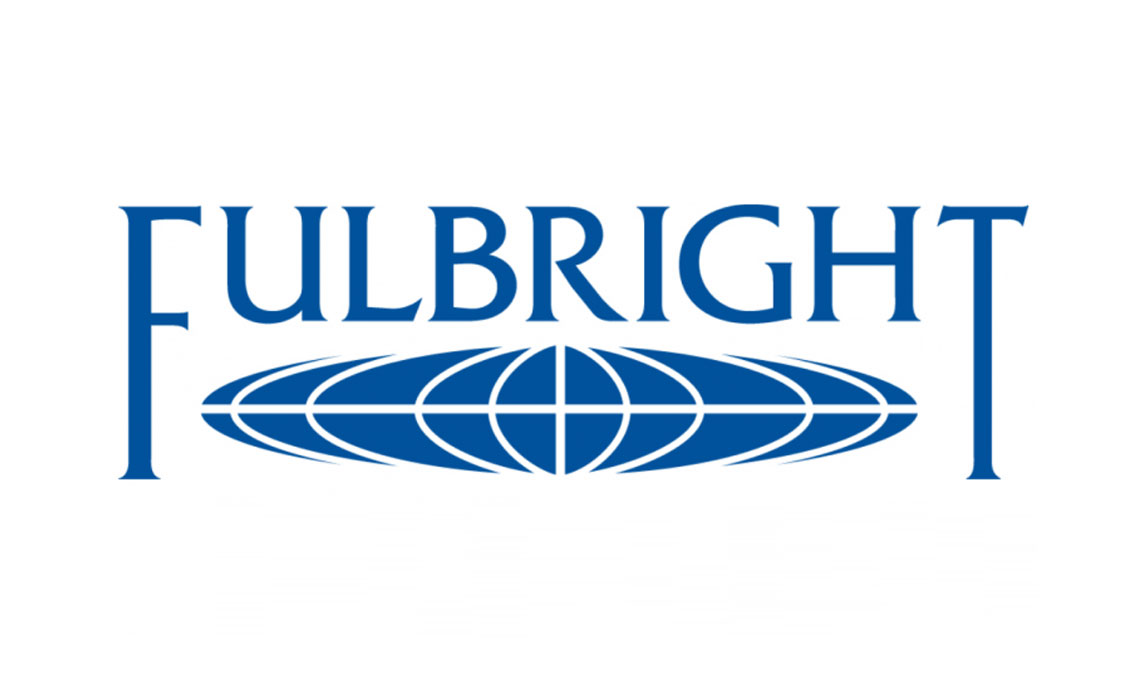 Fulbright Scholarships for Pakistani Students Scholarships
Fulbright Scholarships for Pakistani Students Scholarships -
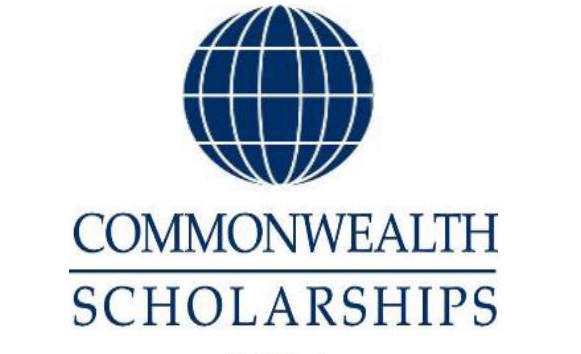 Commonwealth Scholarship Scholarships
Commonwealth Scholarship Scholarships -
 DAAD Scholarship for Pakistani Students Scholarships
DAAD Scholarship for Pakistani Students Scholarships -
 Stipendium Hungaricum Scholarship Scholarships
Stipendium Hungaricum Scholarship Scholarships -
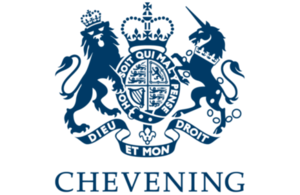 Chevening Scholarship for Pakistani Students Scholarships
Chevening Scholarship for Pakistani Students Scholarships -
Australia Awards Scholarships Scholarships
-
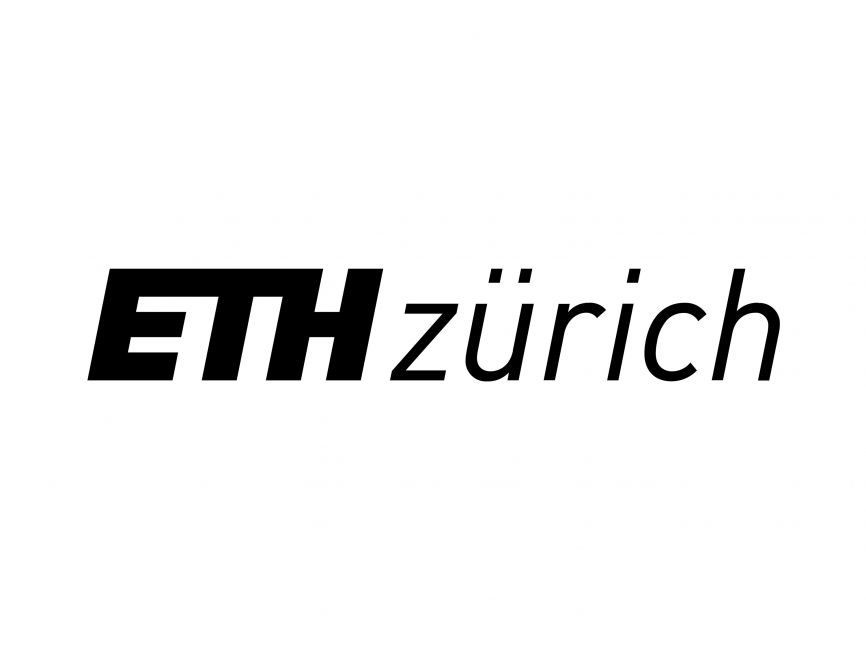 ETH Zurich ESOP Scholarship Scholarships
ETH Zurich ESOP Scholarship Scholarships -
 Emile Boutmy Scholarship Scholarships
Emile Boutmy Scholarship Scholarships -
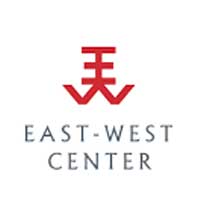 East-West Center Graduate Degree Fellowship Scholarships
East-West Center Graduate Degree Fellowship Scholarships -
 MAECI Scholarships Italy for Pakistani Students Scholarships
MAECI Scholarships Italy for Pakistani Students Scholarships -
 Türkiye Scholarships for Pakistani Students Scholarships
Türkiye Scholarships for Pakistani Students Scholarships -
 Swiss Government Excellence Scholarship Scholarships
Swiss Government Excellence Scholarship Scholarships -
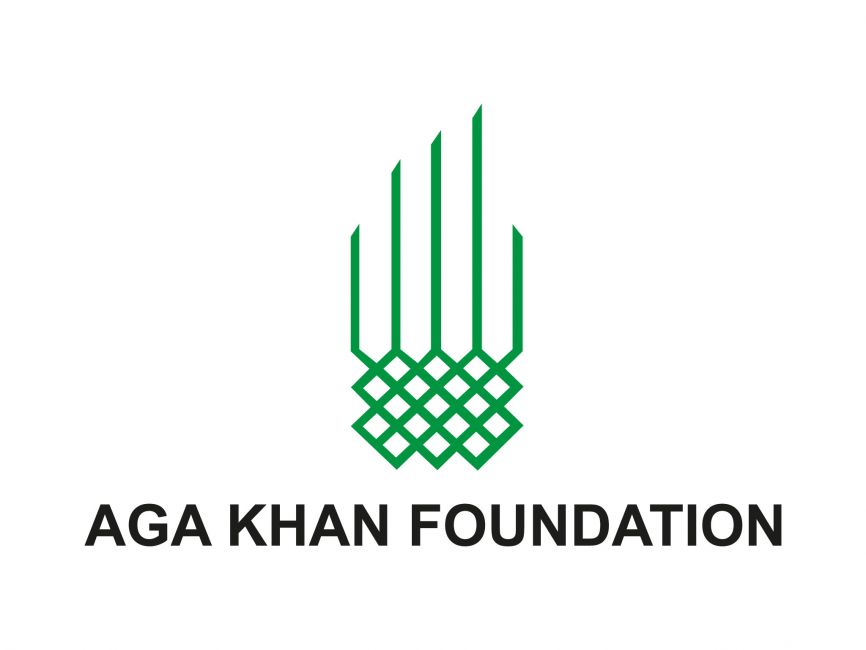 Aga Khan Foundation International Scholarship Scholarships
Aga Khan Foundation International Scholarship Scholarships -
.png) Rhodes Scholarship Scholarships
Rhodes Scholarship Scholarships -
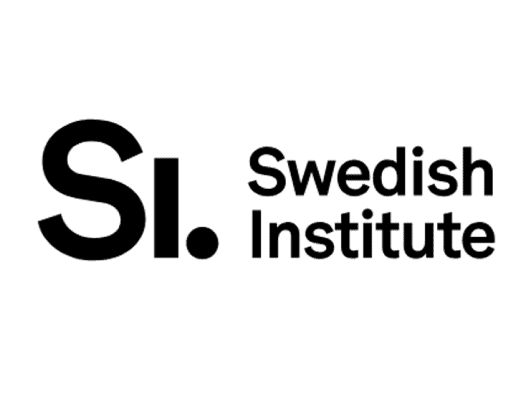 SI Scholarship for Global Professionals Scholarships
SI Scholarship for Global Professionals Scholarships
Why Scholarships Matter for Students
Scholarships are powerful instruments that unlock doors to education, breaking down financial barriers and empowering talented individuals to pursue their academic dreams. Especially in countries like Pakistan, where many capable students struggle with tuition fees and living costs, scholarships can transform lives by offering financial relief and opportunities for growth. These awards are offered by governments, universities, private foundations, and international organizations, each with their own eligibility criteria such as merit, financial need, research excellence, or leadership potential. By easing the burden of costs, scholarships allow students to concentrate fully on their studies, research, and personal development without the constant worry of financial challenges. A scholarship is not merely a source of funding but also recognition of a student’s dedication, talent, and potential to contribute positively to society in the future. Today, with the expansion of online platforms such as StudyAbroad.pk, students can easily access information about scholarships available across Asia, Europe, North America, and other regions. However, securing a scholarship requires preparation: understanding eligibility rules, writing strong essays, obtaining recommendation letters, and submitting applications before deadlines. A well-chosen scholarship often covers tuition, living expenses, research materials, and sometimes even travel costs or insurance. In the long run, scholarship recipients often give back to society by mentoring other students, sharing their experiences, or even funding opportunities for the next generation. In this way, scholarships not only support individual learners but also build stronger communities and contribute to a more educated, skilled, and innovative society.

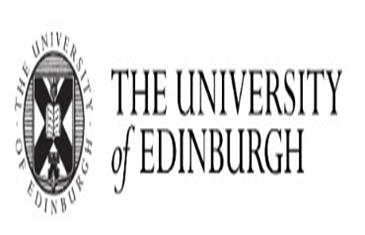

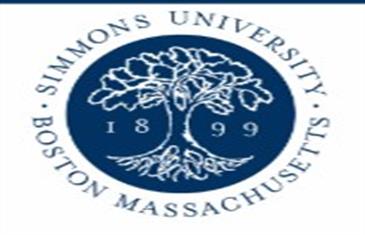
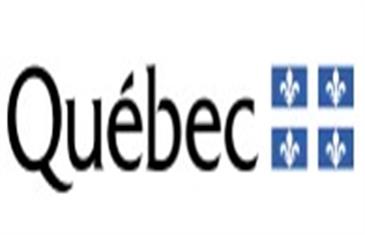
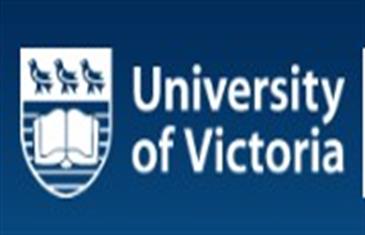
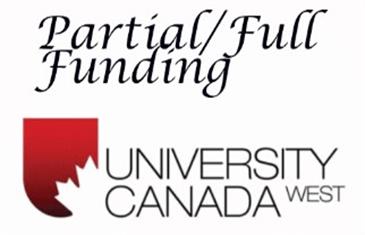


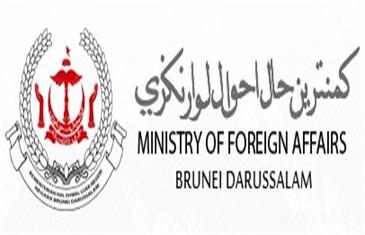
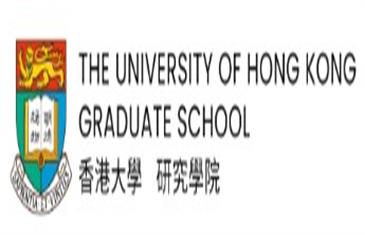
.jfif)